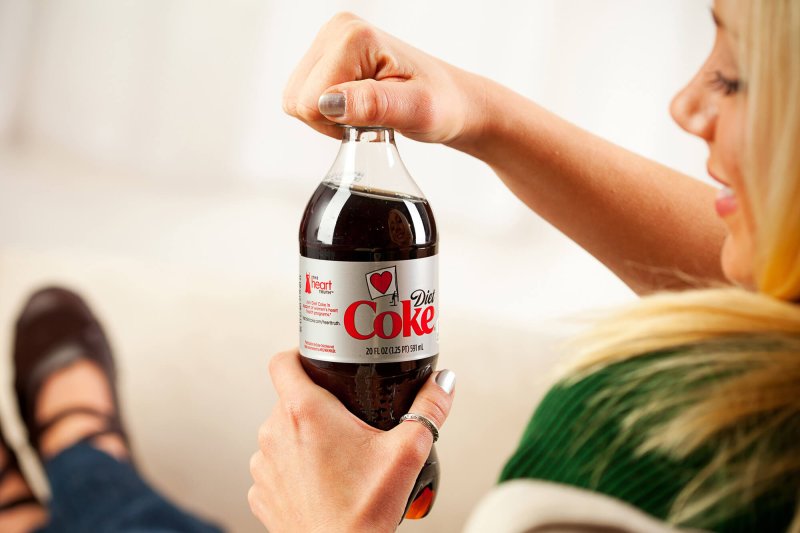News sources around the globe have been calling out warnings about a new study that appears to have shown that low-calorie sweeteners are not just a great way to get sweetness into your life, but basically poison for expecting mothers and their children.
It’s a story we love to hear, because it speaks to the very real fear of pollutants that we all instinctively connect with. It’s a fear that has people around the world worried about things they can’t pronounce, and it’s the main selling-point of organic food.
[Editor’s note: Gideon Meyerowitz-Katz is an epidemiologist at the University of Wollongon in Australia.]
On the one hand, we love them because they allow us to indulge in delicious liquid candy without the sugary guilt. On the other, we hate them because they are scary chemicals that inevitably inspire enough fear and disgust to warrant a news splash at least once a month on how terrible they truly are.
…
Rats are not people. Minor harms demonstrated in a few rodents won’t necessarily translate into definitive issues for real human beings. Pre-clinical research like this is useful for identifying potential mechanisms of harm, but since the best evidence we’ve got at the moment doesn’t show that artificial sweeteners are particularly bad it’s not adding much to the equation.































